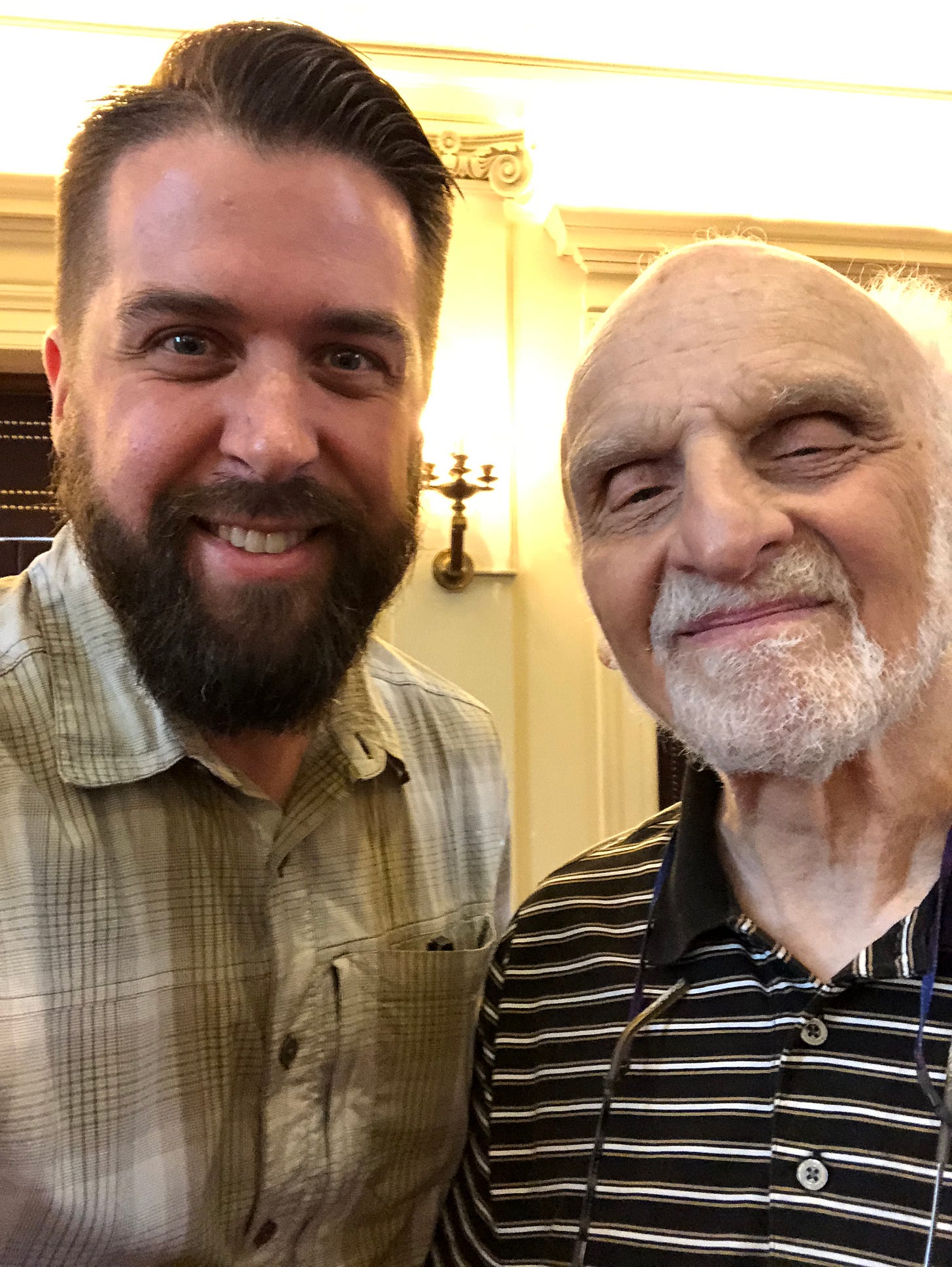This past week a Washington Post opinion piece suggested that Sabbath was one of the ways we can course-I was obviously intrigued. Anytime the Post or major news outlet writes about religious topics my inbox fills and my phone alerts me with text messages from family and friends who want to know if I’ve seen the article.
I was amused as I read the article. The irony of an ancient religious practice that for many is viewed as outdated, unnecessary, and not in touch with the demands of the modern world to now be the hope of the world did not escape me. I was going to comment on the article, but as the Post closed comments I figured I could share my thoughts here.
Sabbath was prescribed by God to Moses when God handed down the Divine Top-Ten.
“Remember the Sabbath day, to keep it holy. Six days you shall labor, and do all your work, but the seventh day is the Sabbath of the LORD your God. In it you shall not do any work, you, or your son, or your daughter, your male servant, or your female servant, or your livestock, or the sojourner who is within your gates. For in six days the LORD made heaven and earth, the sea, and all that is in them, and rested on the seventh day. Therefore the LORD blessed the Sabbath day and made it holy.” - Exodus 20:1-8
The long and short of the command is that God worked for six days to create the world and took a day off, so we too do not need to work constantly. One day can be dedicated to the LORD. We can take one day per week off, says the LORD, and according to the LORD, the world will not end.
Walter Bruggemann writes, “Sabbath is not simply the pause that refreshes. It is the pause that transforms. Whereas Israelites are always tempted to acquisitiveness, Sabbath is an invitation to receptivity, an acknowledgment that what is needed is given and need not be seized.”
So I will concede that the practice of the Sabbath is a way we can curtail climate change, but climate change is not the primary reason we observe the Sabbath. Sabbath is about reorienting ourselves away from the world and toward God. Sabbath is an act of resistance writes Bruggemann.
“But Sabbath is not only resistance. It is alternative. It is an alternative to the demanding, chattering, pervasive presence of advertising and its great liturgical claim of professional sports that devour all our “rest time.” - Walter Bruggemann
We observe the Sabbath not to make ourselves feel better, or to reverse climate change, as the author of the Post piece suggests. Sure, we all feel better after we rest. If the author was saying to rest for the sake of resting I would have no reason to write this but because the author tied the practice of Sabbath to a religious practice, there must be a deeper outcome than merely feeling better.
The Sabbath is not merely a tool for self-improvement or personal enrichment, but a spiritual discipline that fosters a deeper understanding of God and our place within the cosmos. Sabbath is not something to undertake as it aligns us God’s intentions for creation.
Dr. Bruggemann gets the last word:
“In this interpretive tradition, Sabbath is not simply a pause. It is an occasion for reimagining all social life away from coercion and competition to compassionate solidarity. Such solidarity is imaginable and capable of performance only when the drivenness of acquisitiveness is broken. Sabbath is not simply the pause that refreshes. It is the pause that transforms. Whereas Israelites are always tempted to acquisitiveness, Sabbath is an invitation to receptivity, and acknowledgement that what is needed is given and need not be seized.”






